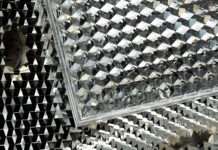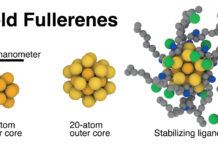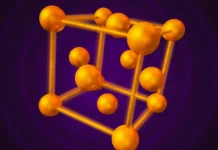
UNIVERSITY PARK, Pa. — Medical devices powered by synthetic proteins created from repeated sequences of proteins may be possible, according to materials science and biotechnology experts, who looked at material inspired by the proteins in squid ring teeth.
“The question we had was whether we could make flexible and self-healing medical devices to work on protons the way biological systems do,” said Melik Demirel, Pierce Development Professor and professor of engineering science and mechanics. “Nature knows how to transfer protons, for example in charging biological energy known as ATP (adenosine triphosphate).”
Currently, proton transfer is an integral part of fuel cells, but these cells use ion-transfer membranes such as Nafion, manufactured from polymers that are not biocompatible. The future vision is to have implantable medical devices that could operate without batteries, using proton conduction, but to do that, the proton conductors must be biocompatible.
Read more: Repetition key to self-healing, flexible medical devices
Image: Abdon Pena-Franchesch / Penn State















